Dubuque
Dubuque is Iowa’s oldest city and among the oldest settlements west of the Mississippi River. Its proximity to the River and its abundant land and resources has long attracted migrants and immigrants who call Dubuque home. The City offers an eclectic mix of history and tradition yet celebrates innovation and forward-thinking. The architecture and bluffs draw people to Dubuque which serves as the major retail, medical, education, cultural, employment center for the tri-state area.
Dubuque takes great pride in the slogan ‘Masterpiece on the Mississippi,’ but such was not always the case. In the 1980s, Dubuque experienced difficult times. The city had double digit unemployment, an exodus of residents, a struggling downtown, and disconnected neighborhoods. Community leaders from the private and public sectors joined in community visioning efforts focused on downtown redevelopment, industrial expansion, sustainability and reconnection to the river. While significant progress has been made, Dubuque’s commitment to sustainability and resiliency for residents and visitors will propel us into the future.
IISC has had two partnerships with Dubuque, most recently in 2023-2024 and previously in 2011-2013. To learn more about the recent partnership, view this ArcGIS StoryMap: https://bit.ly/DubuquePartnership.
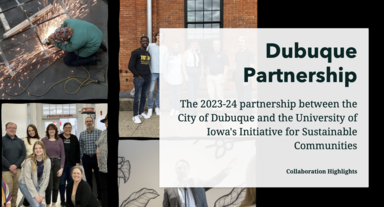
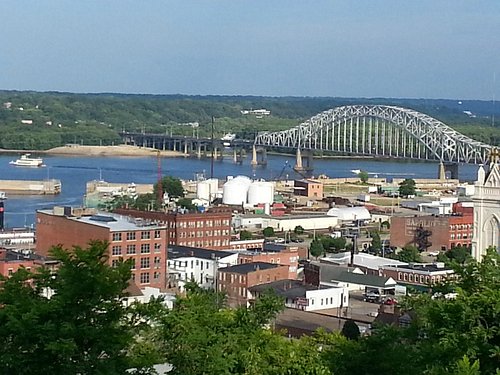
Projects
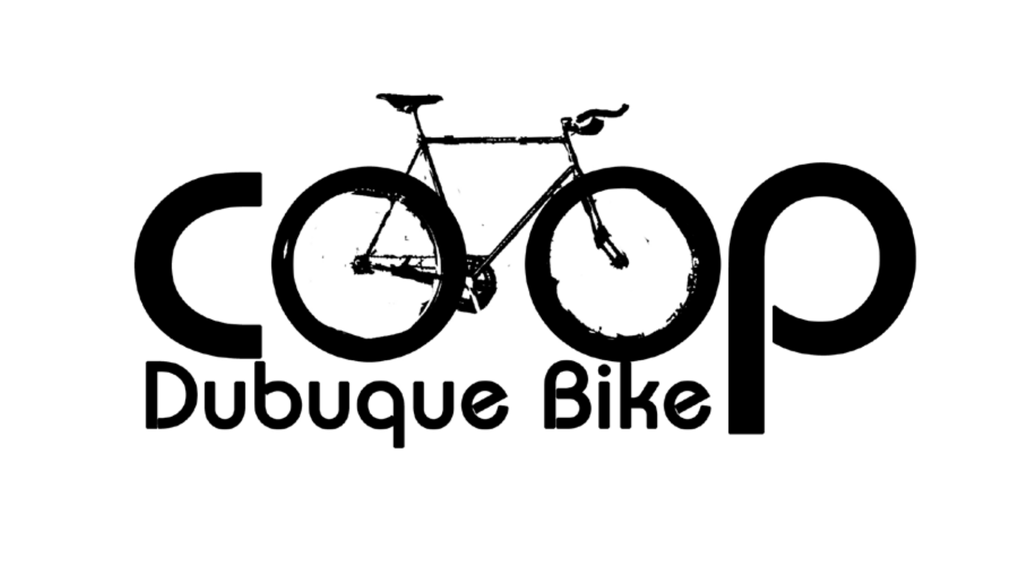
Increasing Mobility in Dubuque: Developing Alternate Mode-Sharing Opportunities
Students addressed the affordability of transportation by examining opportunities such as car-sharing and bike-sharing in The City of Dubuque. Students analyzed the accessibility of the current transportation system; solicited feedback from focus groups comprised of likely end-users; and synthesized demographic data to access locational feasibility.
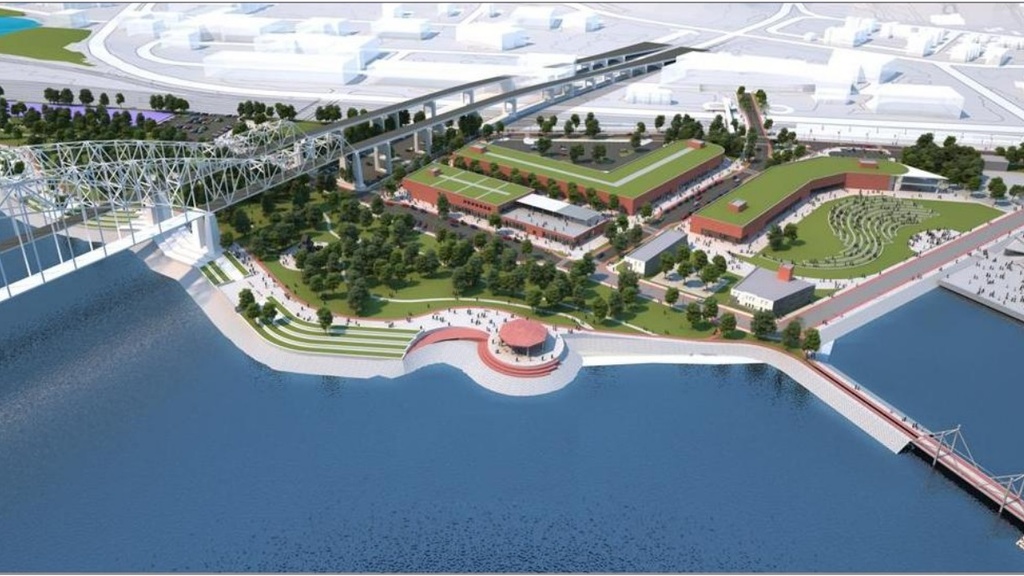
Reimagining the South Port of Dubuque
Students developed four design alternatives for the South Port in that were in line with the sustainable vision of Dubuque and based upon significant community input.
Following the redevelopment of the North Port, city officials in Dubuque wanted to identify improvements for the South Port, which is comprised of 33 acres of semi-industrial land.
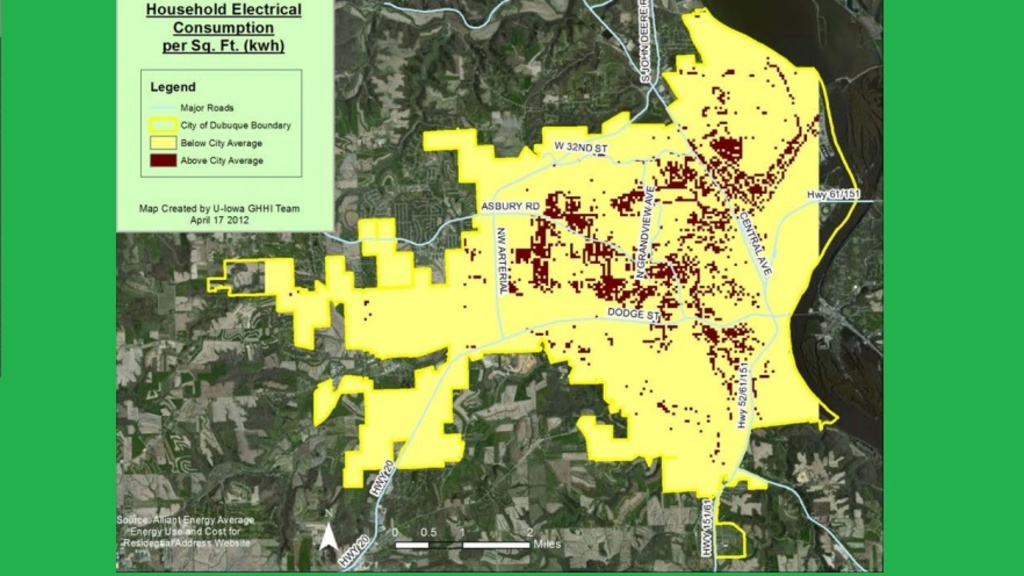
Design of the Green and Healthy Homes Program
Graduate students in the School of Urban and Regional Planning worked with city officials to provide recommendations and two tools for the City of Dubuque to expand its Green and Healthy Homes Initiative (GHHI).
The tools developed included the Priority Model and economic feasibility calculator for rental units. Other recommendations included strategies to engage renters and landlords; innovative funding; interdepartmental cooperation building; and participant engagement and outreach.
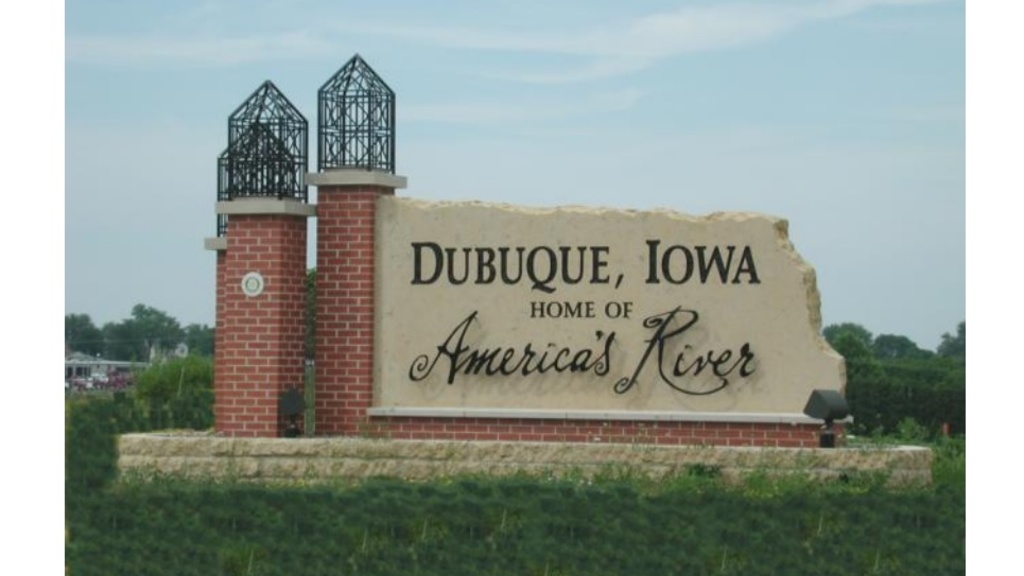
Indicator and Indicator Measurement for 11 Sustainability Principles
Students studied over 40 indicator systems and 1200 potential indicators, and narrowed it down to 60 indicators specifically for the City of Dubuque and its 11 principles through discussion with city staff, public engagement, and analysis of comparable cities. The students developed a score card for each indicator to be used by officials.
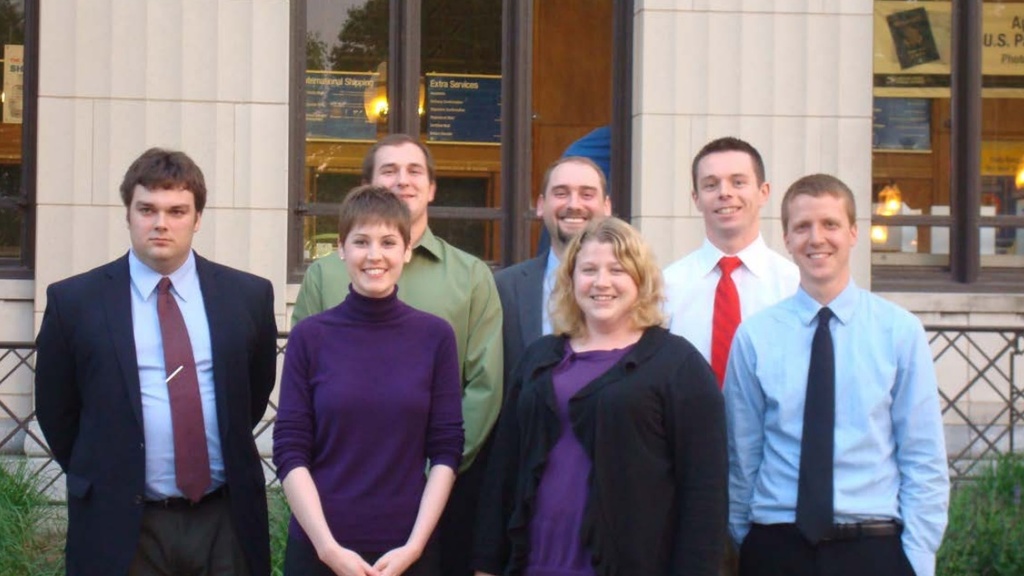
Local Foods Action Plan
Dubuque city leaders wanted to increase the production and consumption of local foods as part of their Sustainability Dubuque initiative. In addition to common direct-to-consumer approaches, such as community supported agriculture programs and community gardens, Dubuque city leaders wanted to expand to a higher impact approach by expanding the market for local food producers to sell their products to large institutions.
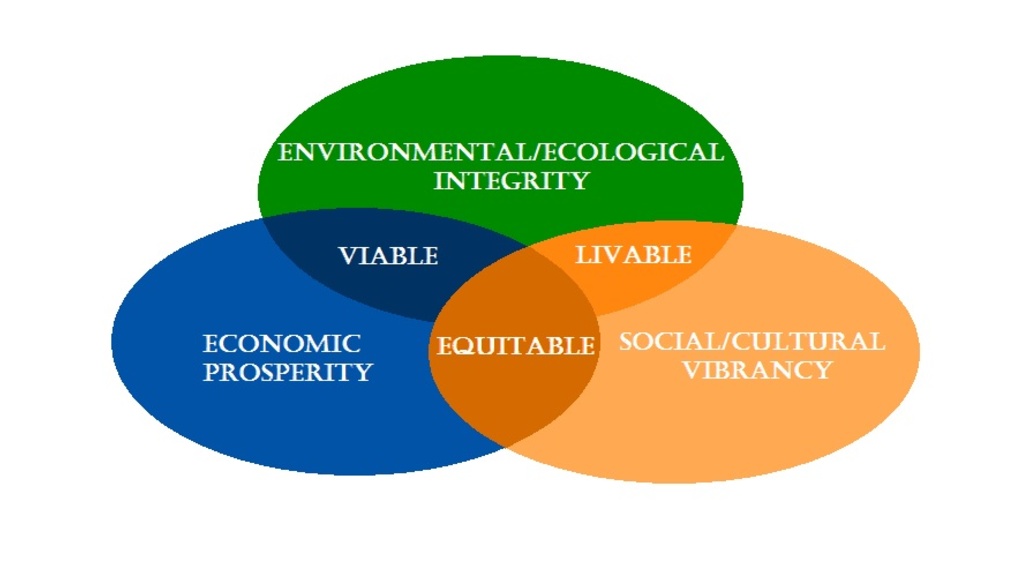
Portrait of Poverty in Dubuque
Students researched who is in poverty and where they lived in Dubuque, IA; identified barriers to getting out of poverty; and developed recommendations for best practices in anti-poverty initiatives.
One of the cornerstones of sustainability is social/cultural vibrancy. After the City of Dubuque adopted its Sustainable Dubuque plan, city leaders wanted to explore poverty so sustainable initiatives could be provided that addressed the needs of the poor in an informed and efficient manner.
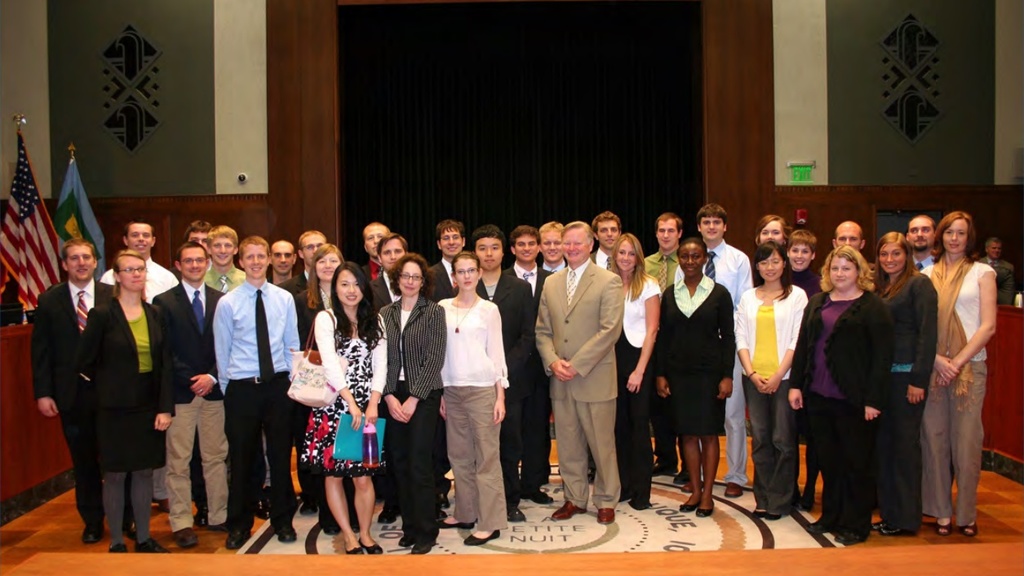
Renewable Energy Asset Map and Return on Investment and Policy Analysis
Students combined geophysical-based renewable energy capacity mapping with return on investment to evaluate how renewable energy can impact Dubuque's sustainability vision.
In order to sustain growth and demand for energy, the City of Dubuque was interested in developing policies for economic development that incorporated renewable energy.